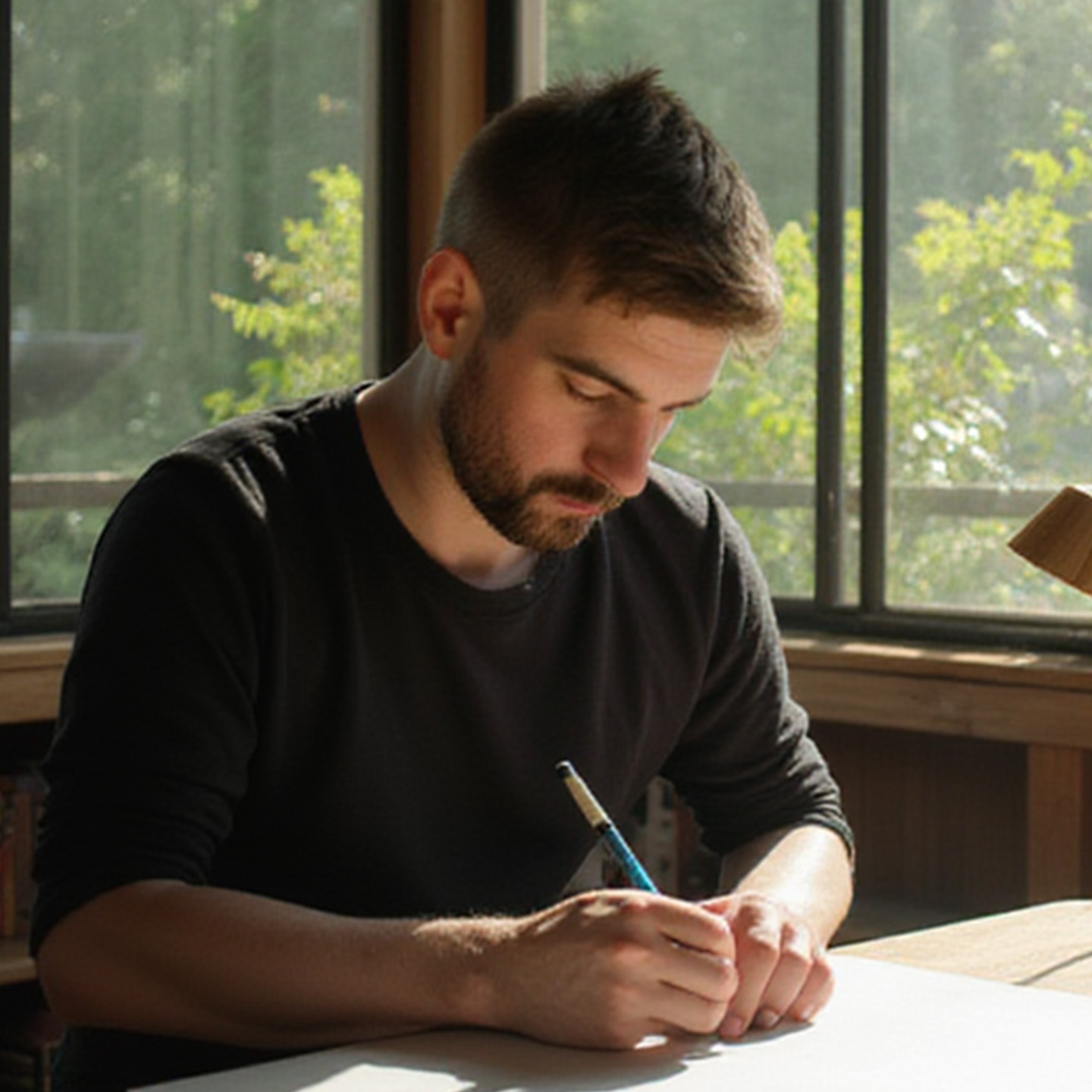Functional dissonance inside startups

A few months ago I saw Josh James, CEO of Domo, speak about the mechanics of their business, and later at the same event also saw Jeff Lawson, CEO of Twilio do the same.
I really enjoyed both talks, however I had a visceral reaction to Josh’s talk; I knew very quickly that would struggle to ever work within his company. However much I could admired Josh, I would never be able to align myself with the sales-infused culture there.
Jeff by contrast talked about his challenges of creating an engineering-driven organisation, and of developing a business where their products are created and sold to developers since many of their key products are based around APIs. This seemed a lot more appealing to my sensibilities and to me, far more agreeable.
Des Traynor, CEO of Intercom, describes how business culture mimics founder DNA; like pets, growing businesses “start to look like their owners”, probably due to founder-sponsorship of their favourite issues. For example if the founders are marketeers, a marketing-first culture is likely to pervade. Product people create product-first companies. Sales people… well, you get the idea.
After absorbing each of these three pieces of information, something perhaps seemingly obvious started to occur to me; it made me very aware that some companies are weighted in favour of a specific functional area. I began to realise that my own bias towards Product is likely to be beneficial to those in the product-engineering side of Akkroo, however conversely it was possible my actions were having unintentional consequences on other (perhaps less well-represented) internal teams. As with many things where you are not acting deliberately, this did not seem ideal to me.
Soon after, I found myself seeking advice from Ollie — business founder, long-time sales leader and collaborator — about solving a productivity problem that seemed to stem from sales behaviour inside the business. The noise inside our office created by sales calls was growing to a level that was disturbing our engineers; a problem particularly hard to resolve since we were operating in a single room at the time.
Once I’d shared my concerns with him, he turned this problem on it’s head. He demonstrated to me that the behaviour we were seeking to reduce could also be evaluated as a positive by-product of successful sales activity, and through this it occurred to me that my perspective on the matter was entirely biased to my own and the engineering team’s viewpoint. It was at this point I realised I needed to find a solution that let sales continue to build up their energy on calls, and separately find a way to prevent it affecting the engineers’ work, rather than assume I needed to stop the behaviour in the first place.
This was a critical realisation for me. Although at the time I couldn’t do much to change the physical arrangement in the office, it made me much more conscious to try and empathise with the other internal teams, especially before making judgement.
One of the first changes we made was to start to openly acknowledge and talk about deliberately fostering and attending to the needs of two distinct internal cultures — sales and engineering. I was already very aware they had very different qualities and working styles, but rather than continue to seek to compromise and homogenise working behaviour, I changed my approach and started to actively promote two separate styles of operation. The teams are fundamentally still bound by the same over-arching company values, but now I advocate that the activity of each team primarily needs to be appropriate to it’s function, and not be stifled by the requirements of other parts of the business.
It’s important to note that this is only possible if the teams in question acknowledge the needs of the other. I believe the strength of the outcome is that our Head of Sales, myself and our Head of Engineering have built a empathetic relationship and acknowledge the different working behaviours as such before they seek to find solutions to challenges.
Next week we move our UK team to new London headquarters, and I hope to have found a more permanent, physical solution to the growing volume of sales activity. Something that I once mistook as a purely negative signal, now feels like a proxy for success. In the interim we had to use the trust built here to seek some compromises between us, however I feel our joint approach, empathy and awareness of the distinct functional needs has been important to getting to this point without one team becoming subservient to the (founder-sponsored) desires of the other.
This post was first published on Sun Dec 10 2017
